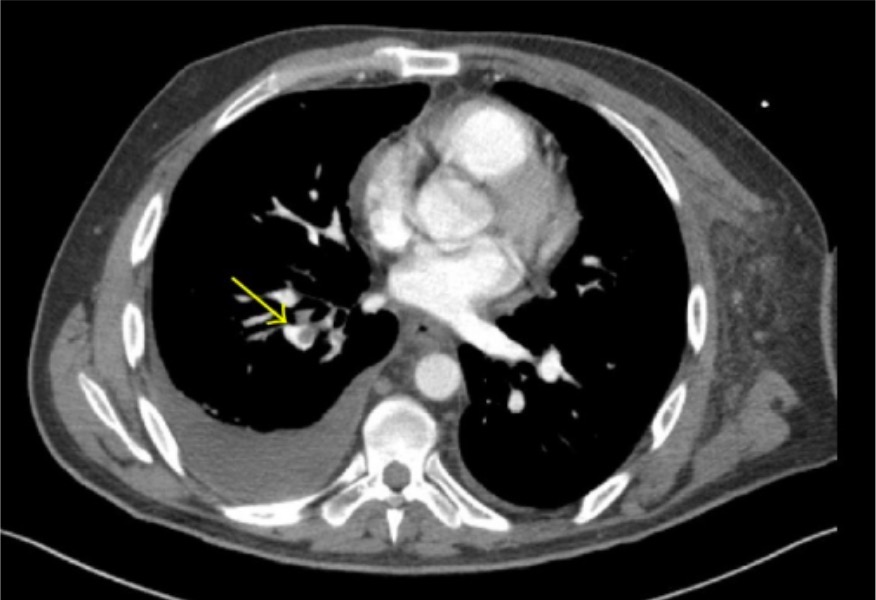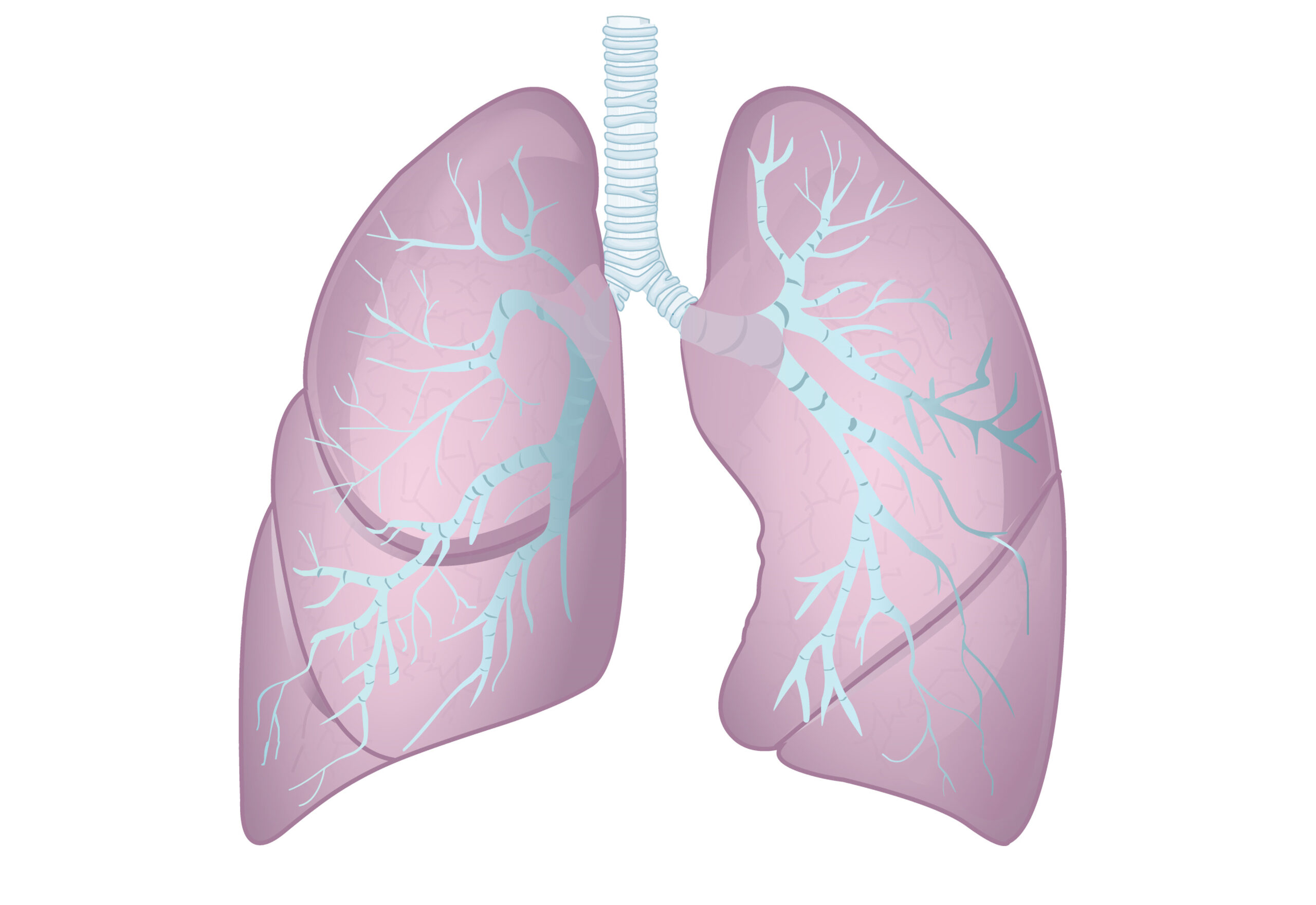Playlist
Show Playlist
Hide Playlist
Pulmonary Vascular Disease: Introduction
-
Slides 08 VascularDiseases RespiratoryAdvanced.pdf
-
Download Lecture Overview
00:00 The subjects of this lecture are pulmonary vascular diseases. Pulmonary circulation problems are very important, its particular pulmonary emboli and cor pulmonale are both very common conditions many patients will present with and you need to know about. Less common problems are pulmonary hypertension in which independent cor pulmonale, i.e. not associated with chronic hypoxic lung disease. Rare inflammatory disease of the pulmonary circulation called pulmonary vasculitis and arteriovenous malformations, which is where an artery, a pulmonary artery is directly connected to a pulmonary vein, and this is a congenital abnormality, which is very rare and I'm not going to discuss in any more detail today. Major haemoptysis which might be considered a problem with pulmonary circulation is discussed in the lecture on respiratory airway's disease. Some general principles about pulmonary circulation. 00:57 The first is that the symptoms are not specific when you have pulmonary artery problems. 01:03 That makes it hard to diagnose or think about the condition clinically. There are very few signs, which make it even harder to identify clinically. And the chest X ray is actually usually not particularly helpful, again making the diagnosis difficult. Finally, the lung diseases in general would normally affect spirometry, the pulmonary vascular diseases are the exceptions, they do not affect lung volumes, or the spirometry values, the FEV1 or the FVC. They do affect the transfer factor, so when requesting lung function tests and thinking about pulmonary vascular disease, you need a transfer factor to be able to identify whether they are present or not. So diagnosis of pulmonary circulation problems requires some form of imaging of the pulmonary arteries, that's normally a CT scan, but could be an MRI scan, or could even be an invasive angiography. It requires some form of imaging of the consequences of pulmonary artery circulation problems and that is usually an echocardiogram to look at the right ventricle, and the pulmonary artery pressure. And, these tests are not routinely done on every patient and that means you need to have a high index of suspicion to order these tests when you think there may be a primary vascular problem.
About the Lecture
The lecture Pulmonary Vascular Disease: Introduction by Jeremy Brown, PhD, MRCP(UK), MBBS is from the course Pulmonary Vascular Disease.
Included Quiz Questions
Which investigation is NOT useful for the diagnosis of pulmonary embolism?
- Spirometry
- MRI of the lungs
- CT scan of the lungs
- Echocardiography
- Pulmonary angiography
Customer reviews
3,3 of 5 stars
| 5 Stars |
|
2 |
| 4 Stars |
|
0 |
| 3 Stars |
|
0 |
| 2 Stars |
|
1 |
| 1 Star |
|
1 |
Good and fast introduction to pulmonary vascular disease, gives key points to distinguish from other pathologies
Good overview of pulmonary vascular disease , i do not know why the rating is low
He could give more clinical examples so we can understand better, instead of being super blunt about the majority of things he says.
The Lecturer presents something and goes suddenly into branches and details like the student should know everything, If that was the case, I wouldn't pay for Lecturio. The Lecturer is good and he is knowledgable as it seems, but he isn't really giving me the chance to greatly learn, its just like a normal YouTube video. I paid for Lecturio to hear someone who is more organized, and takes up a notch everytime, like so many good PhDs in Pathology for example, I felt this wasn't an organized lecture at all, but rather throwing bunch of information to the student like bullets.






